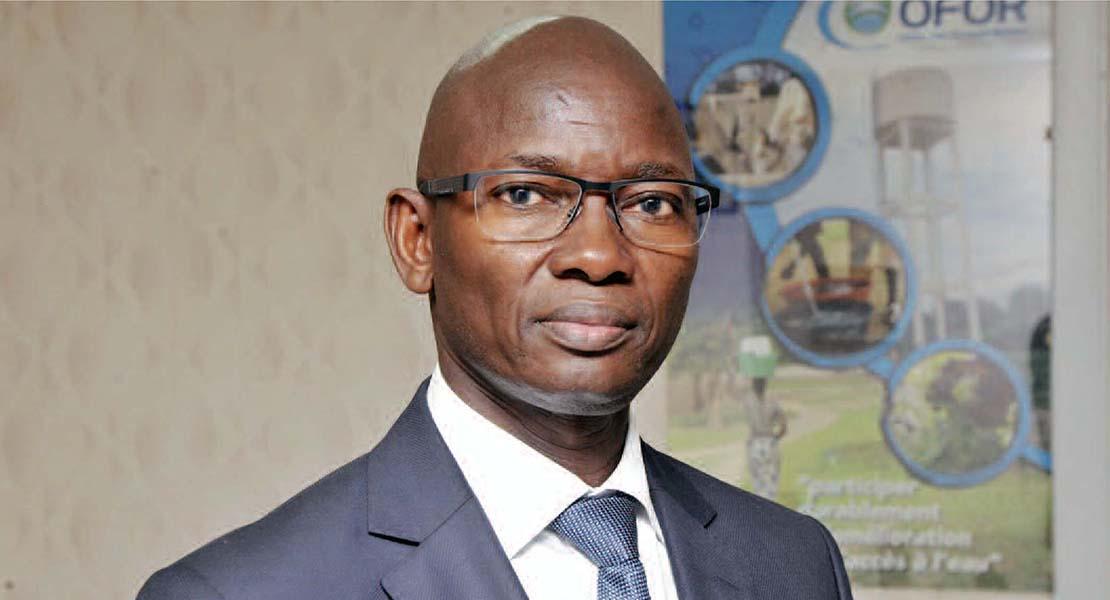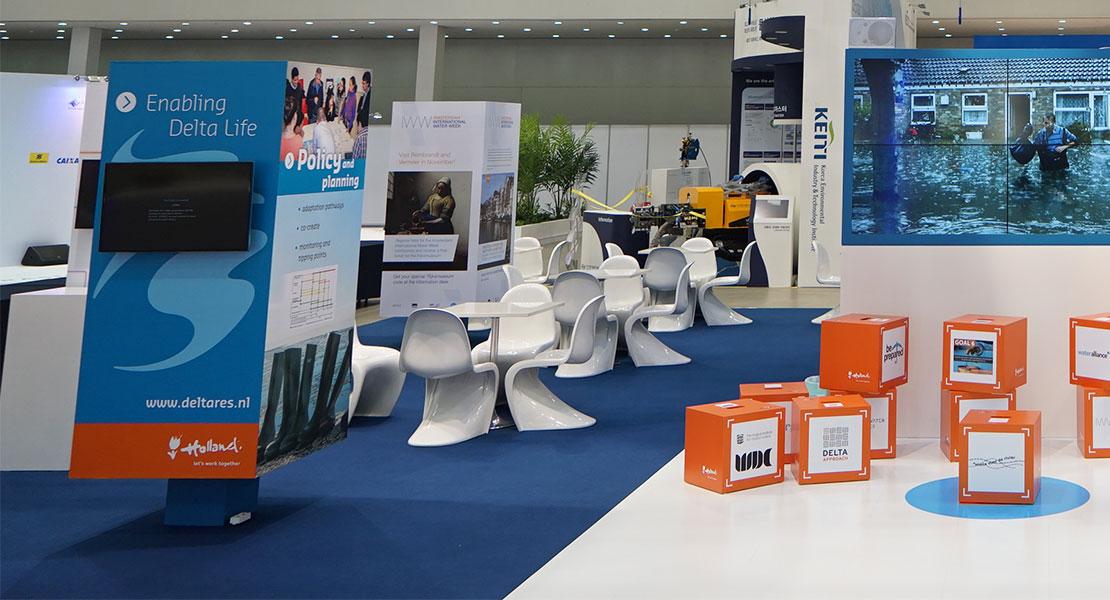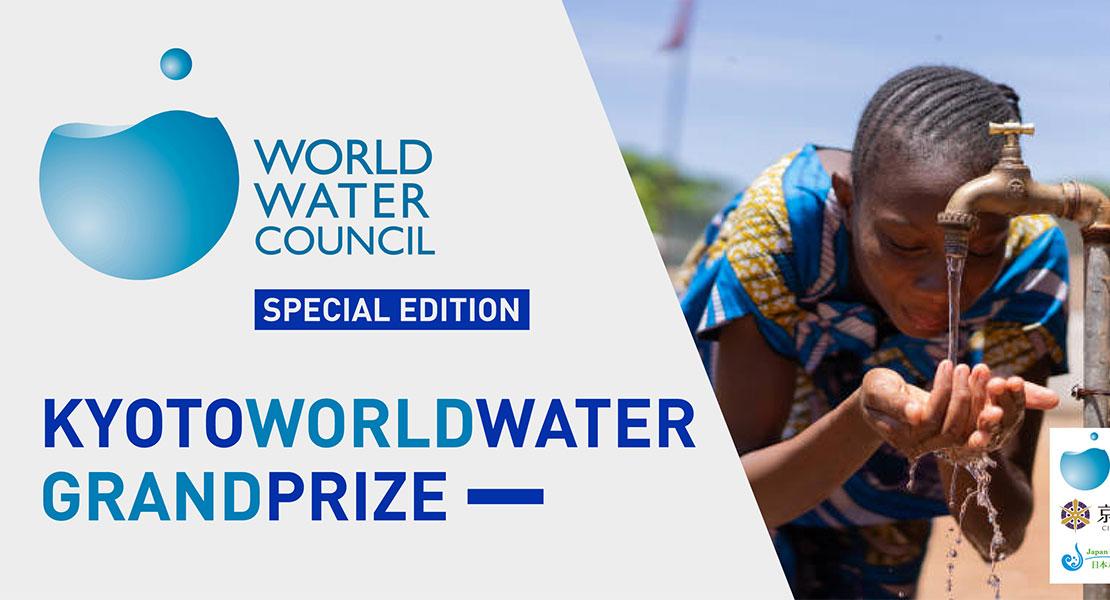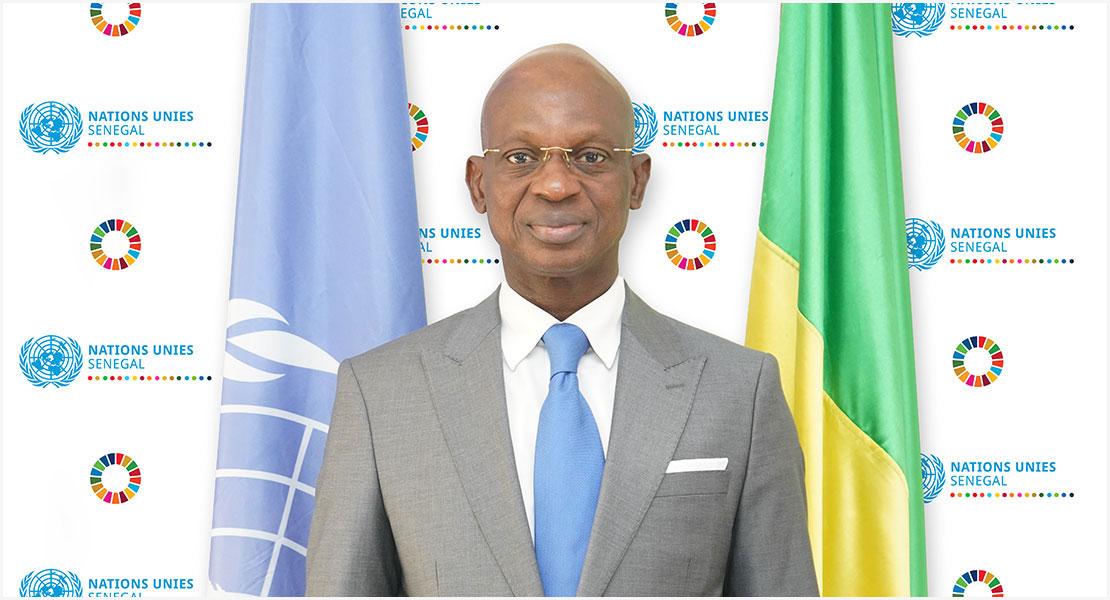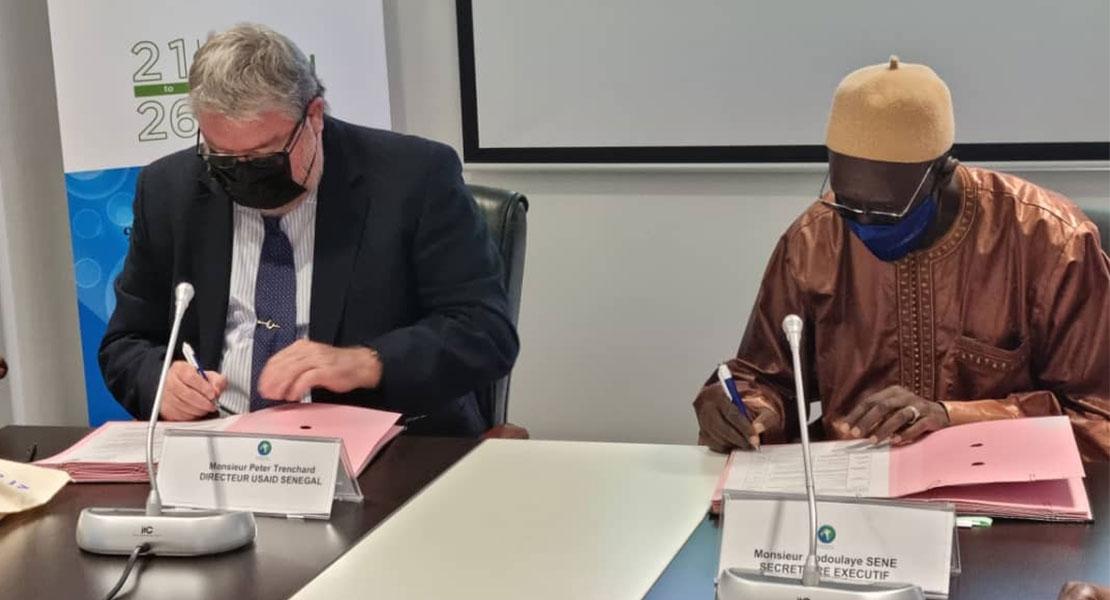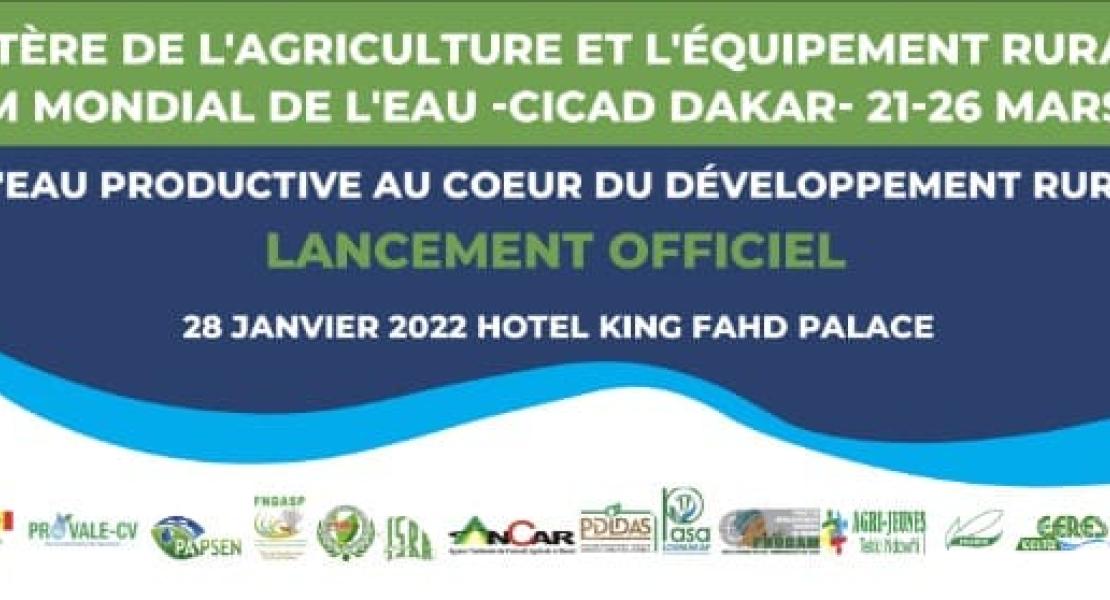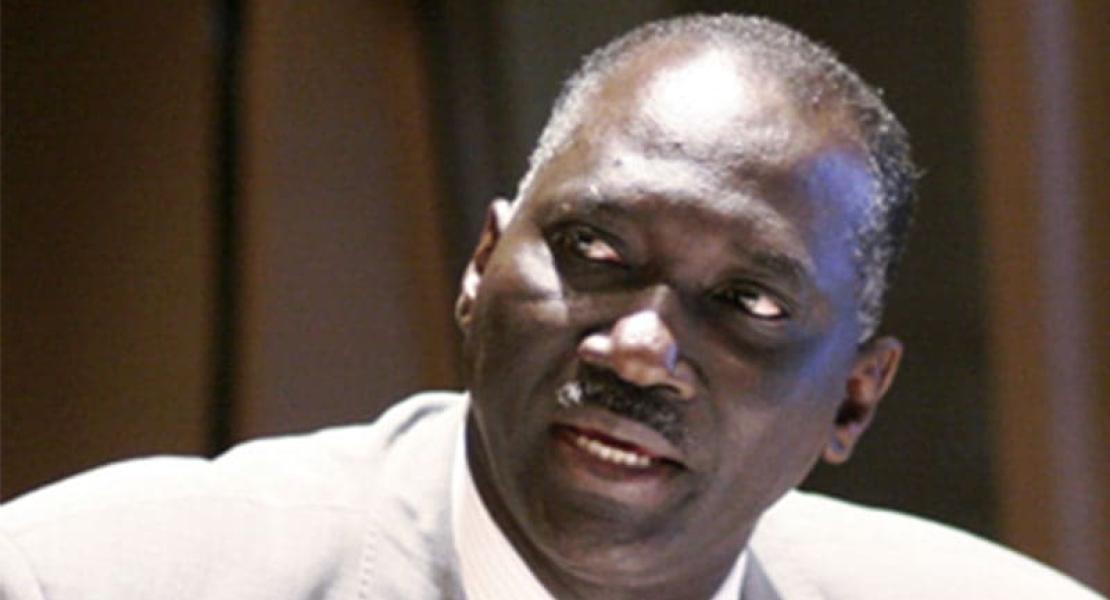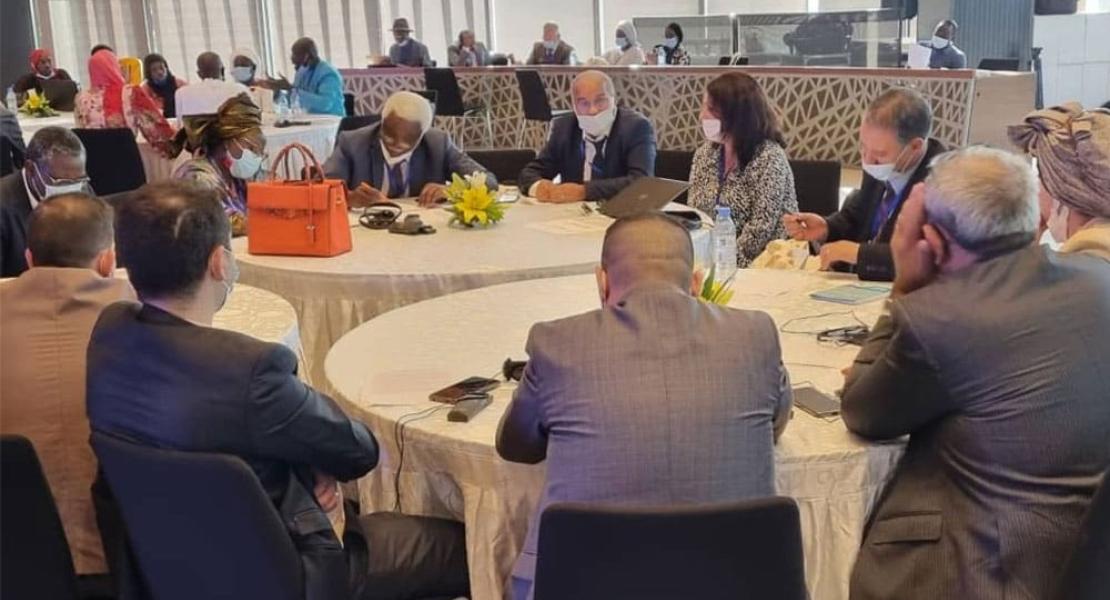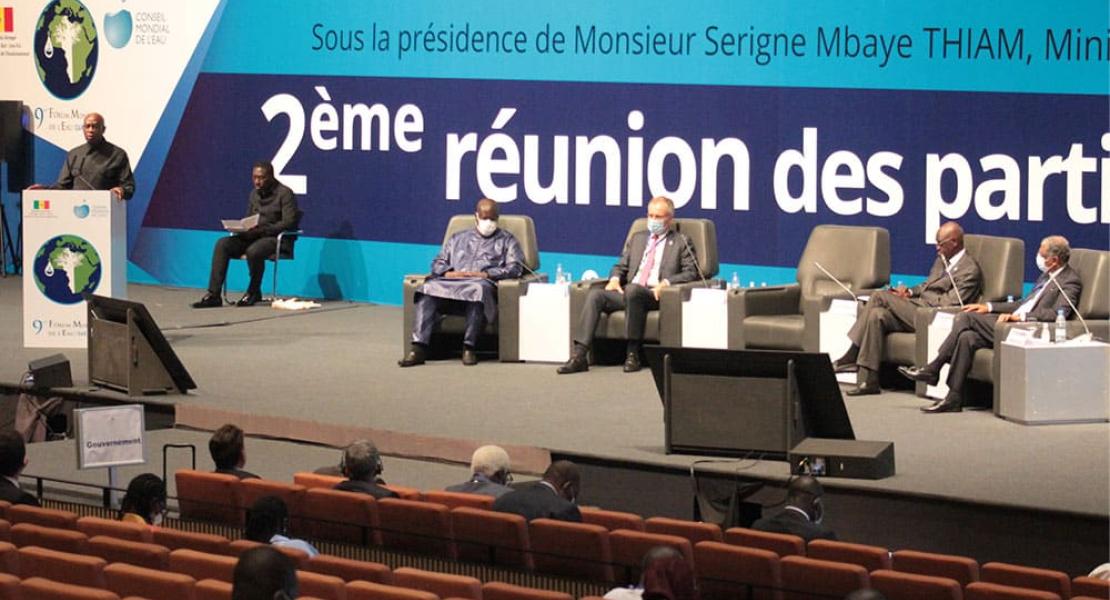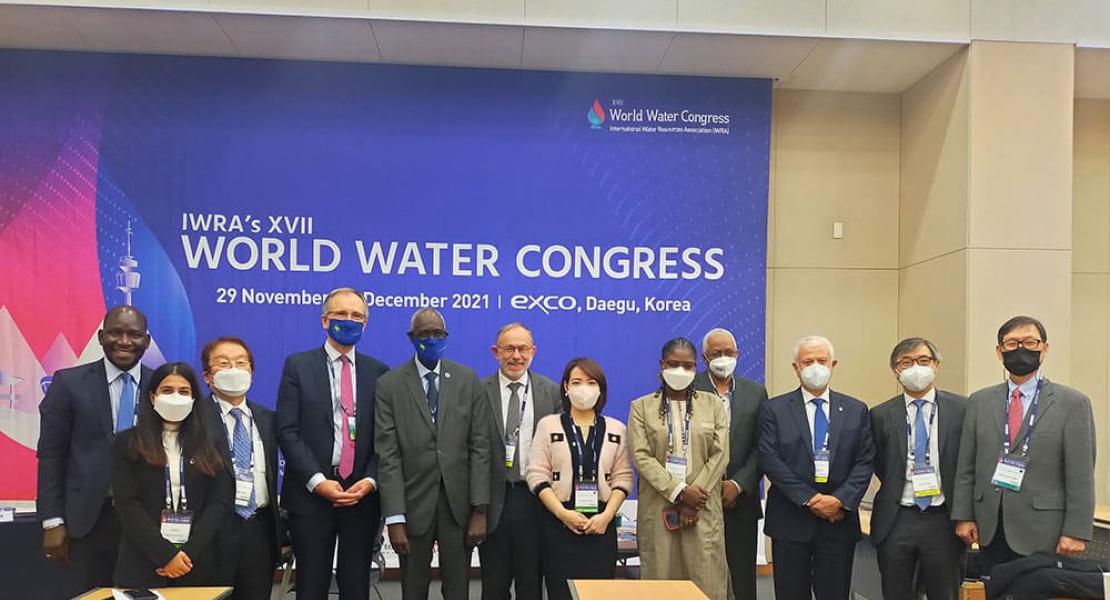by Seyni NDAO, Managing Director of OFOR
The mission of the Office des forages ruraux (OFOR) is the management of the hydraulic assets to ensure the service of drinking water in rural areas. For OFOR, the World Water Forum is a unique event in the water and sanitation sector that offers a multi-stakeholder platform for expression to specialists in the sector, namely Governments, the private sector, technical and financial partners, NGOs but also to other stakeholders such as local authorities, women's groups, youth, farmers, livestock breeders, fishermen, etc.. It aims to improve the exchange of ideas and the sharing of information on new innovations in the water and sanitation sector and will thus contribute to the qualitative transformation of people's daily lives and to improving the performance of production sectors.
Specifically, it will aim at finding answers to the issues related to universal access to water, the reduction of the rural-urban gap to curb migration, the mobilization of additional financial resources, the promotion of innovative financing mechanisms and the implementation of the principles of good water governance including participatory decision-making.
Given its strategic position in the drinking water sector in Senegal, OFOR is involved in the various bodies of reflection set up by the Executive Secretariat of the Forum and relating to the four priorities (Water security and sanitation, Cooperation, Water for rural development, Means and tools).
It is within this framework that a protocol was signed between OFOR and the Executive Secretariat to define and put into practice OFOR's participation in the Forum. The signing of this protocol will make it possible to mobilize the actors and to propose answers so that the question of water in rural areas is well taken care of in the agendas. For the Dakar Forum must be a Forum of responses. The World Water Forum provides a framework for exchanges, experience sharing, and reflection on strategies and innovations to meet the challenge of access to water and sanitation, but also to ensure efficient and sustainable management of infrastructures. In this sense, OFOR's expectations will revolve around the following points:
- The strategies to be put in place for a sustainable and secure access to drinking water in line with the Sustainable Development Goals;
- Experiences of the participating countries in terms of management of hydraulic works;
- Good practices in the management of drinking water services in rural areas in Africa. Particular emphasis may be placed on the difficulties encountered and the points of success, the place of the private sector in the design, construction and operation of drinking water facilities, particularly in rural areas;
- The regulation of the drinking water sector with a focus on the roles and responsibilities of local authorities, users, etc...;
- Innovative financing mechanisms for the development of drinking water infrastructure in Africa;
- The place of renewable energies in the design and operation of hydraulic works: advantages and limitations.

